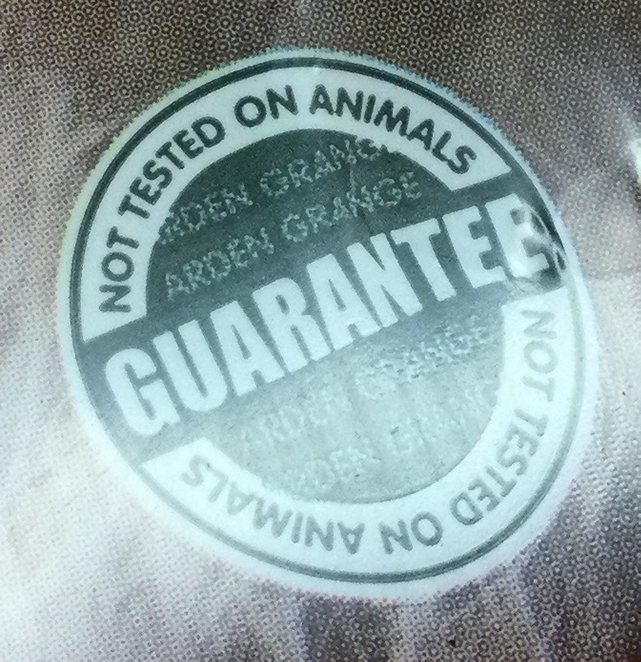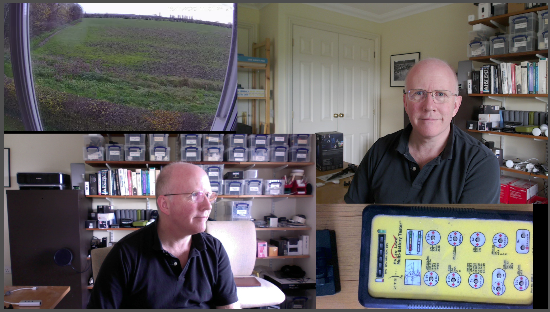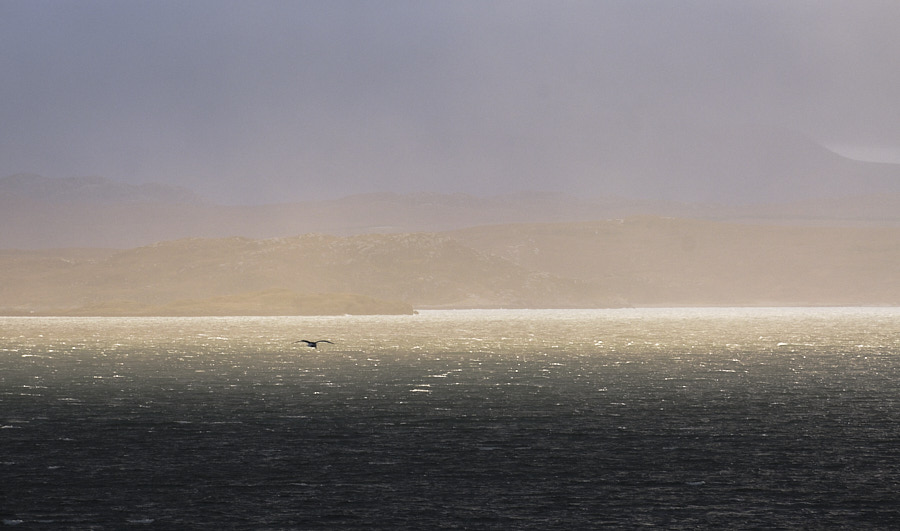 Do you remember how, in the old days, before you went on holiday, one of the important tasks you had to do before departure was to get some cash in the local currency? Well, even in this modern era, there are still some places where you need to do that. Cornwall, for example.
Do you remember how, in the old days, before you went on holiday, one of the important tasks you had to do before departure was to get some cash in the local currency? Well, even in this modern era, there are still some places where you need to do that. Cornwall, for example.
We’ve been taken by surprise, as visitors here, by the number of car parks which require payment, and where that payment can only be made with cash. Usually in coins, with no change given, so you really want the exact amount. Now, as someone who hasn’t really used cash for years, this was a minor inconvenience the first two or three times. But I’ve now realised that it’s basically the same everywhere: the Queen’s currency is still vital here; it’s a complex kind of car-parking token. Every single car park has required cash; I think we’ve been to four or five here, and one in Devon on the way down. Today, as a gesture to the 21st century, the car park had two machines. One took cards! Hurrah! It was out of order.
Now this isn’t because we’re in some remote backwater where they’ve never heard of digital transactions. Pretty much everything else, since we’ve left home, has been paid for sans contact using my Apple Watch (which is how I’ve paid for most things in the last five years). And, in fact, in Covid-world, most shops are not taking cash at all, so it’s even harder to go and buy a Kit-Kat to get some change. That’s assuming you can find an ATM from which to get some notes in the first place; they’re not exactly plentiful here.
Since there are a lot of visitors to this part of the world, car park attendants have to spend a lot of their time explaining to people that, no, I know it’s astonishing, but you do actually need cash if you want to park here. No, sorry, there isn’t an ATM here, but there’s one in the next town… Yes, that one you drove past 20 minutes ago on the narrow winding road with occasional passing places.
To be fair, twice in recent days they have come up with alternative solutions for me. “Which is your car? OK, well, give me the change you’ve got now, and if you manage to get any more in the village, you can pay me the rest when you get back.” or “If you call this number, that’s our central office, and they can take a card payment.” Very good of them, but it’s daft that they have to do it.
Today, at Porthcurno, I did call the central office. “No, I’m sorry, we can’t actually take payments over the phone. And we can’t install card machines because they need a phone connection, and there’s no phone coverage there.”
“But you can hear me OK?”
The same excuse was given me in Mousehole. (Yes, that’s a real place name, and a charming place, too, if you can find anywhere to park.) “The phone coverage is too patchy”, said the man by the machine, “so they can’t install machines that take cards.” This is clearly ridiculous; all of the cafes nearby offered free wifi. Is it really the case that card-payment car-park machines can only be connected over mobile networks? And besides, is a live connection back to base really required for a £2 contactless purchase? Or is this, I wondered, just a scheme to provide employment for locals as they go around emptying the cash from the machines?
Anyway, today, I eventually managed to get some cash at the Post Office, and then buy some stamps (another blast from the past) so that I had some coins to pay the patiently-waiting car-park man. Not sure what I’ll do with the remainder: I won’t have any use for them at home.
And then it struck me. Of course! That’s the reason! It’s a ploy to make people get coins which they won’t use at home, so they have to spend them in the local area before they go, thus boosting the local economy. Brilliant!
I expect there’s a Duty Free on the A30 somewhere near Exeter where I can buy some cider before departure. Now it all makes sense.






 Do you remember how, in the old days, before you went on holiday, one of the important tasks you had to do before departure was to get some cash in the local currency? Well, even in this modern era, there are still some places where you need to do that. Cornwall, for example.
Do you remember how, in the old days, before you went on holiday, one of the important tasks you had to do before departure was to get some cash in the local currency? Well, even in this modern era, there are still some places where you need to do that. Cornwall, for example.
Recent Comments